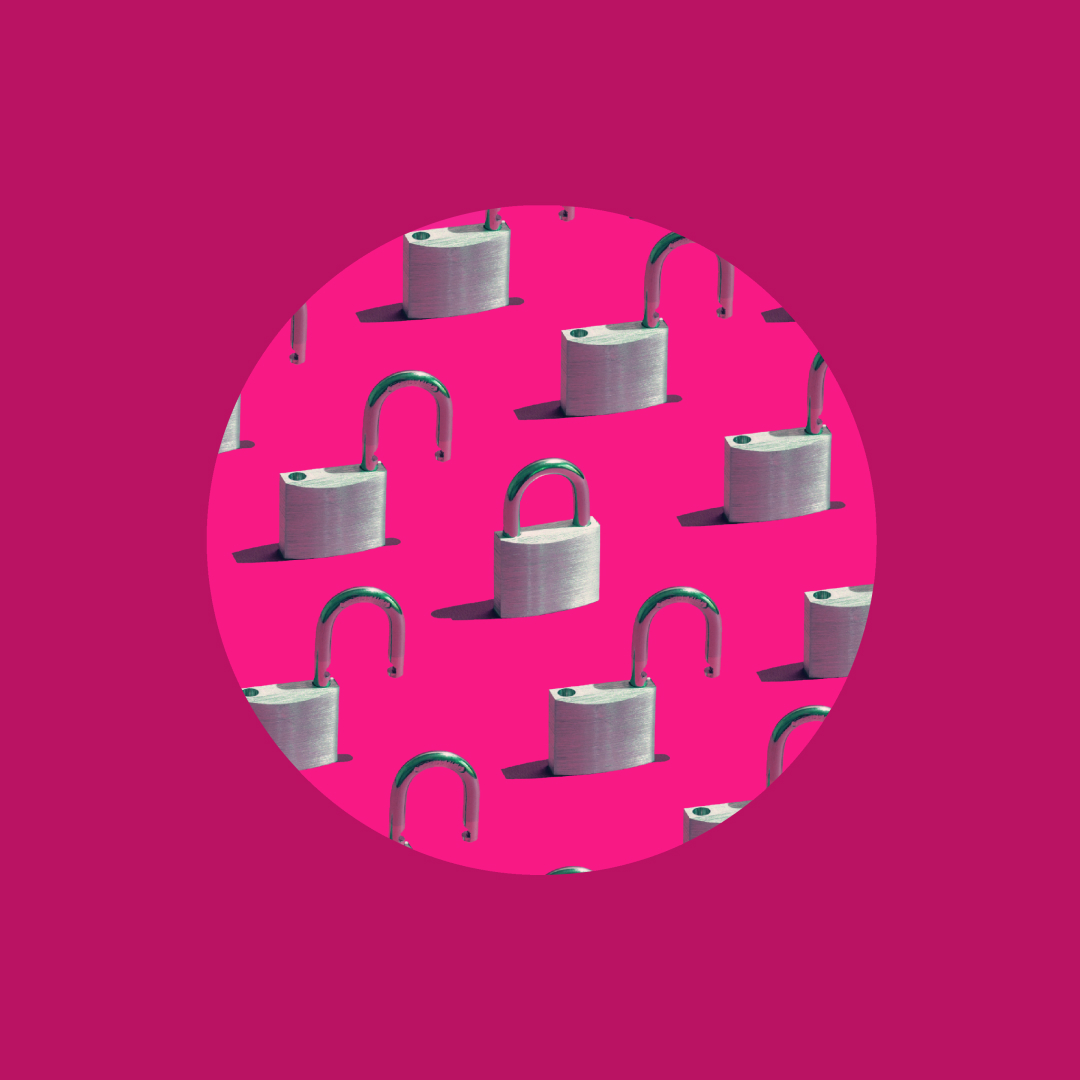To some people, ‘regulation’ is a dirty word. It evokes governmental overreach and faceless bureaucrats gleefully meddling in our most ambitious innovations while arbitrarily imposing punitive senseless hidden rules in order to thwart progress for the sheer pleasure of having the power to say ‘no.’
A prime example of that perception was the way pro-Brexit UK politicians portrayed the European Union’s regulators in Brussels as “evil bureaucrats wielding indiscriminate power over the daily lives of far away masses they don’t know or understand.” Obviously, that image was strong — it worked to disastrous results.
Regulation can seem like the most austere and humorless adult in the room or like a misplaced and random speed bump in the middle of nowhere — one we didn’t see coming. Alternatively, regulation can seem to be asleep at the wheel, missing obvious cues that they need to get involved.
Regulation often gets an undeserved bad rap for either not doing enough in times of crisis or seemingly doing too much — creating barriers to progress and innovation, slowing us down, or stopping us entirely.
But take a different tack, and you realize that, when it comes to people’s money, a world without regulation is a world of chaos.
Order to the modern world
The work of regulation works. It keeps us safe, protects our wellbeing, and touches the most precarious and sometimes intangible threats to our personal, physical, and financial health. Regulation has been an integral part of a functioning, orderly modern society for enough time that we can say that overall it has proven itself to actually be efficient. It works behind the scenes of virtually everything we do, keeping our many complex and interconnected systems functioning, reducing risks of all kinds so the rest of us can go about our lives.
Imagine a world without the Federal Aviation Administration experts overseeing every aspect of commercial and private aviation. As someone who travels a great deal, I want them finicky and uptight.
Or, consider living without the Federal Drug Administration’s oversight in food safety, inspections, and medications.
Would you dare see a doctor who hasn’t earned the approval of your state’s medical board?
Or the Environmental Protection Agency — can we even consider the possibility that polluters will put people’s health and safety over profit?
From a macro perspective, regulation is what stands between civil society and anarchy.
Would a totally unregulated world have had the “soft” weapons to fight the Russian invasion of Ukraine without the ability to come together to block money movement in and out of Russia? It would never have happened.
The point is that the protection that regulation confers provides not only a degree of trust, without which things would fall apart for lack of enforceable standards, but a lack of ability to control bad people from doing bad things to the world, allowing every person and every business to do whatever they please.
Thus from this vantage point, definitely where finance is concerned, regulation is our friend, not our foe. It’s a few things in one: rules, standards, and a commitment to ethical dealings; with banks, other businesses, and, importantly, individuals.
Without the rules imposed by the Office of the Comptroller of the Currency (OCC), for example, a bureau within the US Department of the Treasury that oversees the banking system, our banking and financial services would look like those in countries we really don’t want to emulate. These are societies where anyone who wants to handle other people's money could. Hanging a shingle and getting down to the business of swindling customers. We certainly don’t want that.
Nowhere is this more true than in fintech, where advanced technology and a gorgeous user interface do not necessarily equate to safe and secure financial transactions.
Safeguarding innovation
Because regulation provides the foundation and underpinning that enables innovation in banking, allowing experienced and creative teams to work within the lines and develop new ideas and solutions to address people’s needs and challenges with financial services — I’m grateful that we have regulation.
Working within the existing framework affords skilled finance experts the chance to think outside the tried and true box, come up with systems that make our financial lives easier (like embedded finance), and test and prove the strength of new ideas without the risk of harming anyone.
Companies that absorb regulation as part of their DNA can try new things knowing the boundaries and perhaps knowing better how to push the boundaries. We can think more broadly about what works and what doesn’t while knowing that working closely with regulators and building financial services platforms with their standards at the center protects good people from bad people.
At Alviere, we view our relationship with regulators as a partnership. Together, we can build financial services that increase access to hundreds of millions of people, and anyone who benefits from our platform — people loyal to a brand and those who are stepping into the financial services landscape for the first time — are truly protected. There is no value whatsoever in developing a system outside the reach of financial regulation. It doesn’t work, and it’s unethical. It’s always just a matter of time before the weaknesses surface, and bad things happen.
Built to last
We want slowly, carefully, and steadily built, safe, reliable, consistent, and ‘sanctioned’ services. We want doctors who have been approved to practice in their state — which takes years of education. We want food safety to occasionally remove something from the marketplace because it’s going to make us ill. And in financial services like embedded finance, we want businesses that have succeeded with the regulator’s seal of approval.
It leads to safer, more trusted, and longer lasting services in embedded finance and anywhere the public is encouraged to entrust their money, their health, their safety, or their security. Even if it takes a little longer, built well means built to last.




